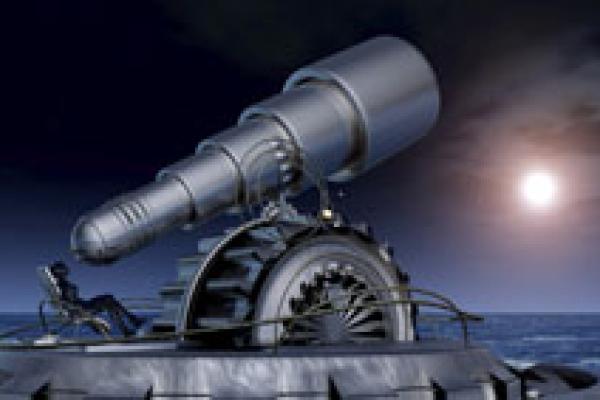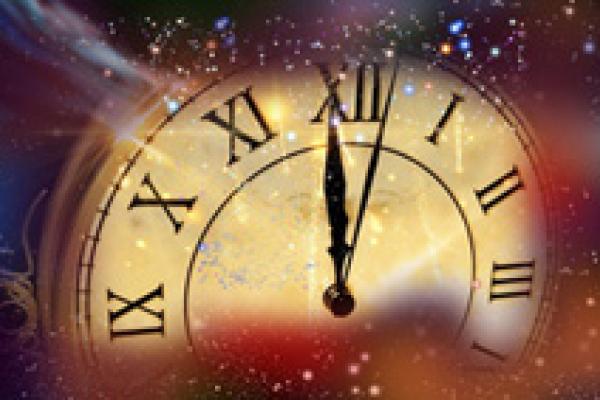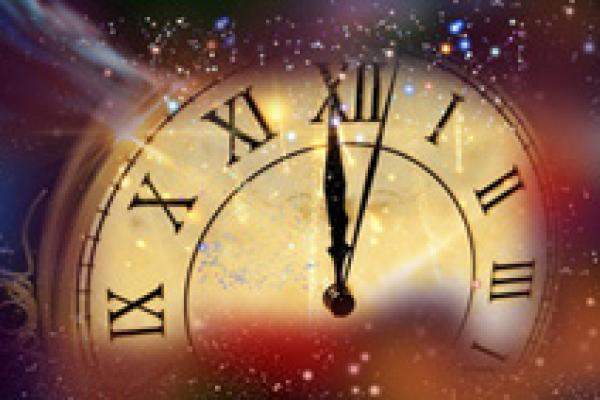Article

Watching the cosmos
When it comes to the entire cosmos, we humans are incredibly small and insignificant. But that's precisely why we need to take ourselves into account when thinking about the Universe. Find out why.




